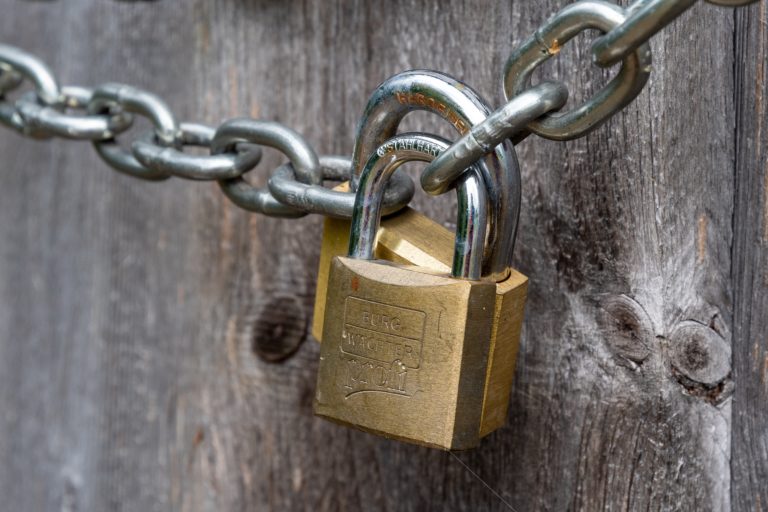
How to Protect Digital Property
When people built wealth, assets were usually tangible: real estate, investments, cash, or jewelry. However, the last year has seen a huge jump in digital assets, which includes cryptocurrency and NFTs (Non-Fungible Tokens). Combine this growing asset class with the coming biggest wealth transfer in history, says the article “What happens to your NFTs and crypto assets after you die?” from Tech Crunch, and the problems of inheriting assets will take more than a complete search of the family attic.
One survey found only one in four consumers have someone in their life who knows the details of their digital assets, from the location of the online accounts to passwords. However, digital assets that require two factor authentication or biometrics to gain access may make even this information useless.
There are many reports about people who purchased digital assets like Bitcoin and then lost their passwords or threw away their computers. More than $250 million in client assets vanished when a cryptocurrency exchange founder died and private keys to these accounts could not be found.
Digital assets need to be a part of anyone’s estate plan. A last will and testament is used to dictate how assets are to be distributed. If there is no will, the state’s estate law will distribute assets. A complete list of accounts and assets should not be part of a will, since it becomes a public document when it goes through probate. However, a complete list of assets and accounts needs to be prepared and shared with a trusted person.
Even traditional assets, like bank accounts and investment accounts, are lost when no one knows of their existence. If a family or executor doesn’t know about accounts, and if there are no paper statements mailed to the decedent’s home, it’s not likely that the assets will be found.
Things get more complicated with digital assets. By their nature, digital assets are decentralized. This is part of their attraction for many people. Knowing that the accounts or digital property exists is only part one. Knowing how to access them after death is difficult. Account names, private keys to digital assets and passwords need to be gathered and protected. Directives or directions for what you want to happen to the accounts after you die need to be created, but not every platform has policies to do this.
Password sharing is explicitly prohibited by most website and app owners. Privacy laws also prohibit using someone else’s password, which is technically “account holder impersonation.” Digital accounts that require two factor authentication or use biometrics, like facial recognition, make it impossible for an executor to gain access to the data.
Some platforms have created a means of identifying a person who may be in charge of your digital assets, including Facebook and more recently, LinkedIn. Some exchanges, like Ethereum, have procedures for death-management. Some will require a copy of the will as part of their process to release funds to an estate, so you will need to name the asset (although not the account number).
A digital wallet can be used to store access information for digital assets, if the family is reasonably comfortable using one. A complete list of assets should include tangible and digital assets. It needs to be updated annually or whenever you add new assets.
Reference: Tech Crunch (April 5, 2021) “What happens to your NFTs and crypto assets after you die?”







